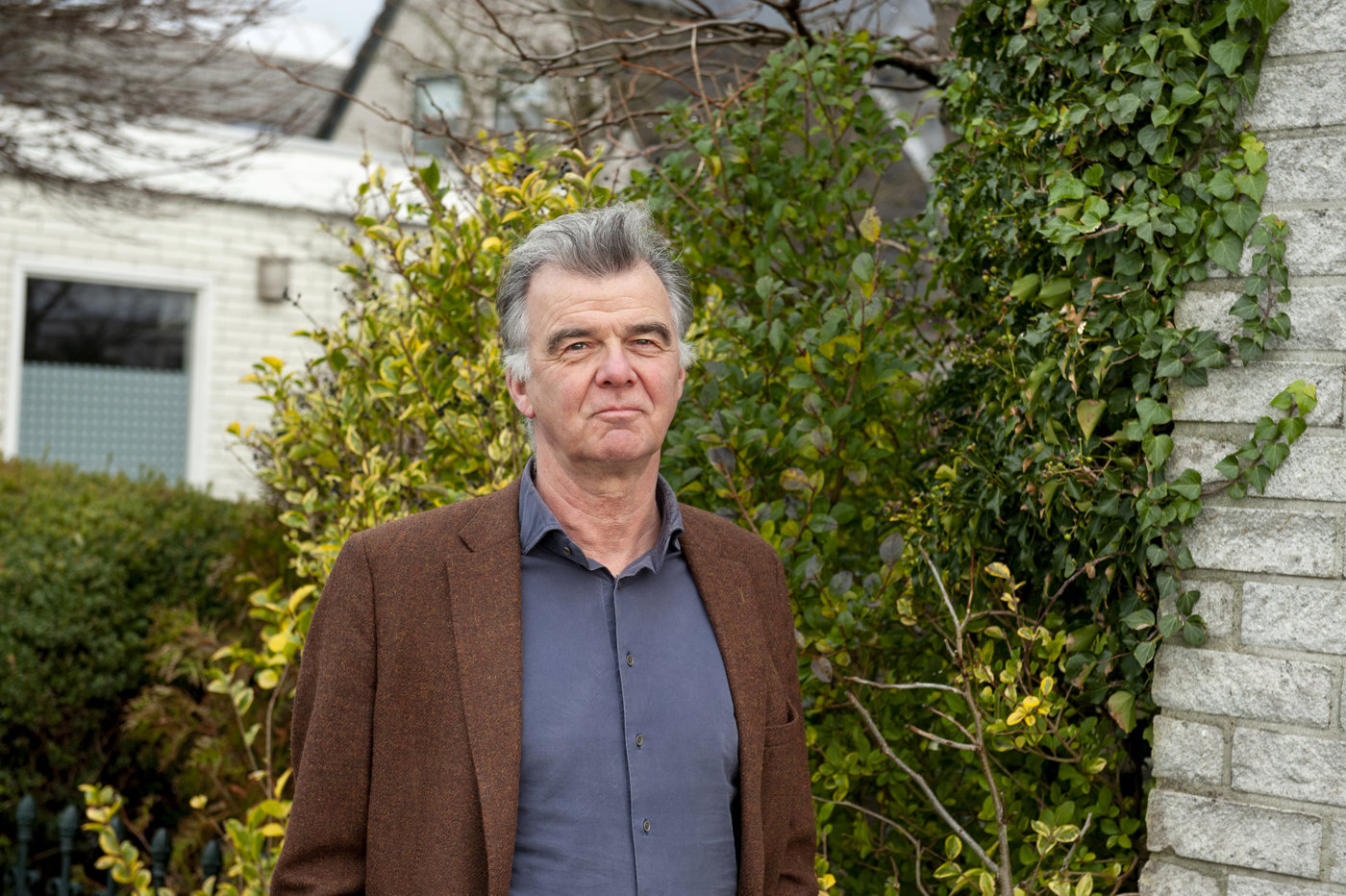APG reacts to the Bill future of pensions
In 2026 the new pension system will start. Everybody who wanted to could react on the ‘Bill future pensions’ of Minister Koolmees until February 12 February. APG is one of the parties who had a reaction. The scope: the new system offers an opportunity to start with a clean slate and to make the Dutch pension system easier to understand for the participants. But to take away some of the disadvantages of the current system without losing the advantages for the participants, there are a number of points that deserve explicit attention.
APG head of Policy Peter Gortzak and strategic policy employee Tinka den Arend explain this.
APG is a pension provider and therefore has mostly reacted from that perspective. That reaction focuses on the main points of attention for a successful new system. ‘Taking away disadvantages of the current system without losing the advantages for participants’ is one of those. ‘Solidarity’, ‘freedom of choice’, and ‘open norms’ are also keywords. Gortzak: “The combination of much freedom of choice and solidarity creates a tension field. As a pension fund and provider, you must be able to take a certain measure of investment risk. But you can only take that risk in a responsible way if you do that together and therefore invest together. If you think it is more important to give your participants much freedom of choice in how there will be invested for their pension, then you can share fewer risks. And if there are fewer people to carry that risk, then you can also take less risk.”
Written towards each other
In the new system, two pension contracts are possible: the new pension contract and the improved premium agreement. In the improved premium agreement, there is less solidarity, more risk, and more freedom of choice. In the new contract, the participant runs less risk than in the improved premium agreement, because of the risk-sharing, as mentioned. However, from the bill, it appears that both contracts differ less from each other than what Gortzak and Den Arend had hoped for. Gortzak: “Now both contracts are written towards each other. Because of that, there is a threat that in the one contract there is not enough room for sharing of risks, and in the other contract not enough room for freedom of choice. The question is if that is wise. Why not choose much more explicitly for two completely different contracts?”

